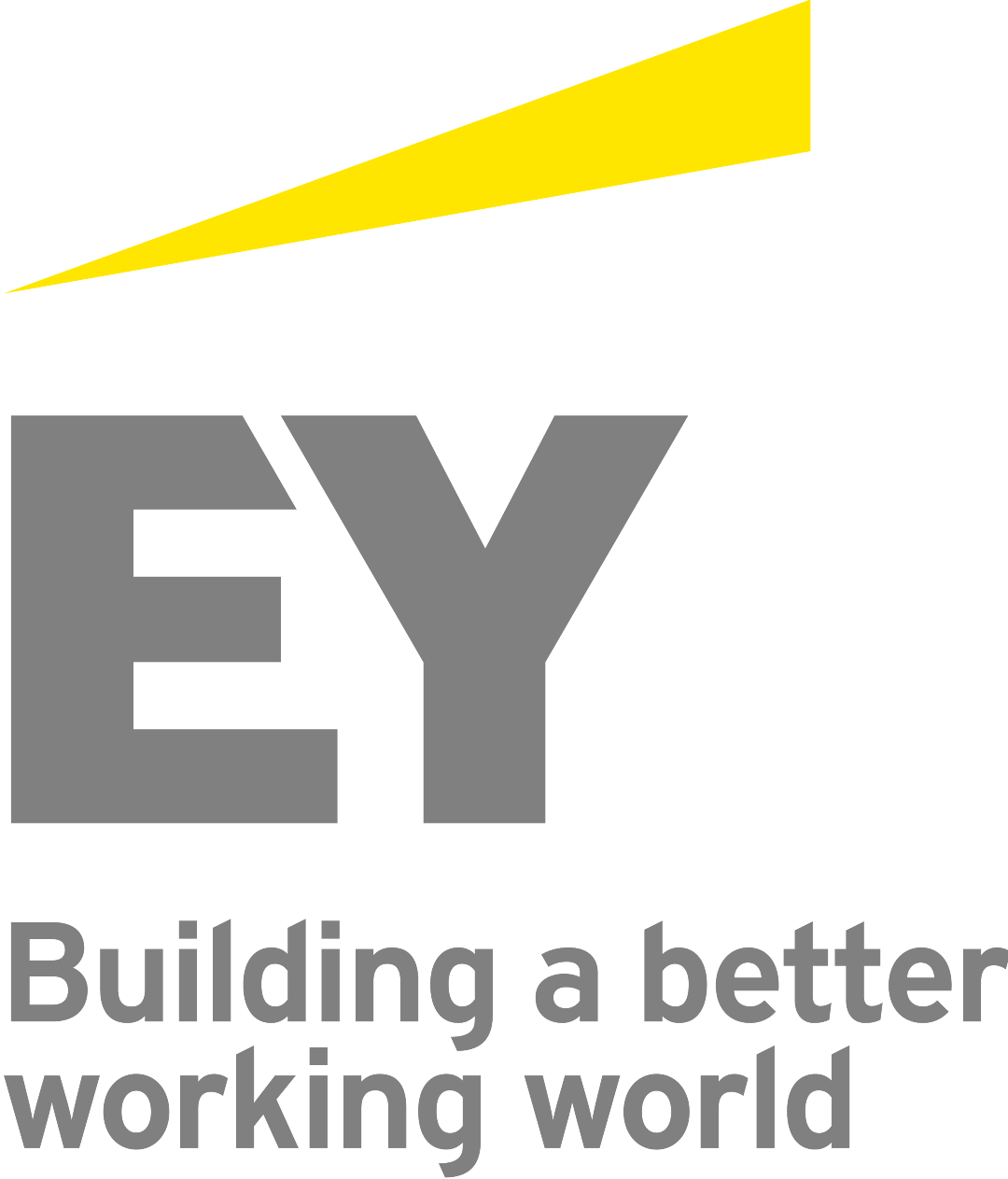- High price points are a top concern when shopping sustainably
- 64% of respondents intend to focus more on the value they get for their money
- 61% of Canadian consumers will pay more attention to the environmental impact of what they consume
TORONTO, Aug. 5, 2021 /CNW/ - The EY Future Consumer Index Survey finds sustainability is quickly climbing to the top of consumers' priorities, at a time when Canadians are also re-evaluating other areas of their lives, including affordability. Most consumers (61%) plan to pay more attention to the environmental impact of what they consume, but 64% intend to focus more on value for money — creating a tension over who should pay for sustainability.
"Consumers often say they'll pay more for sustainable products and services, but then don't support that intention with action," says Lokesh Chaudhry, EY Canada Consumer Co-Leader. "Retailers looking to help bridge the gap between action and intention, and do so profitably, will need to shift their mindsets to creating products that reflect the concerns of consumers, while ensuring that business operations behind the brand meet those expectations as well."
Whether recycling or reducing plastic waste (91%), composting products (58%), buying organically (49%) or bringing reusable shopping bags to stores (88%), the majority of Canadians are pivoting to a more sustainable way of living, as over half are spending more time at home and focusing on saving their hard-earned dollars.
"Homes have now become a hub from which people work, order deliveries, exercise and stay entertained, presenting a huge opportunity for them to pivot to sustainable choices that positively impact their environment and society," explains Ryan Beck, EY Canada Consumer Co-Leader.
But what consumers value and which values they are prepared to actually pay for varies, threatening the longevity of positive attitudes toward sustainable behaviours — 77% of consumers are concerned about the impact of the COVID-19 pandemic on their long-term finances and 59% say price is a more important purchase consideration than before. Rather than making significant financial commitments toward societal goals around sustainability, over half of consumers are pursuing low-impact, no-cost actions that save them money, such as conserving energy, water and emissions.
"The lack of financial commitment means that most consumers across Canada rely on companies to act as leaders in driving positive social and environmental outcomes," Chaudhry adds. "Consumers believe that companies have the ability to make a bigger impact through market-transformative, sustainably-focused processes and innovation."
The survey also finds that there is a sustainability education gap among consumers — 73% say they need more information to make better choices when shopping. As a result, sustainable products and services face perception challenges, with many consumers deterred by concerns around high prices (71%), poor quality (67%) and lack of trust due to deceptive marketing (66%).
"Transparency from consumer products companies and retailers will be critical to encouraging sustainable choices, especially among the Gen Z and Millennial demographics since they are more likely to share information about products that are good for the planet with their friends," suggests Beck. "Retailers that embrace sustainability and find new ways to collaborate with suppliers, competitors and consumers themselves, will stimulate long-term customer relationships through the upcoming back-to-school shopping season and into the holidays."
To learn more about the EY Future Consumer Index, click here.
About EY
EY is a global leader in assurance, tax, strategy and transactions and consulting services. The insights and quality services we deliver help build trust and confidence in the capital markets and in economies the world over. We develop outstanding leaders who team to deliver on our promises to all of our stakeholders. In so doing, we play a critical role in building a better working world for our people, for our clients and for our communities.
EY refers to the global organization, and may refer to one or more, of the member firms of Ernst & Young Global Limited, each of which is a separate legal entity. Ernst & Young Global Limited, a UK company limited by guarantee, does not provide services to clients. Information about how EY collects and uses personal data and a description of the rights individuals have under data protection legislation is available via ey.com/privacy. For more information about our organization, please visit ey.com. Follow us on Twitter @EYCanada.
This news release has been issued by Ernst & Young LLP.
SOURCE EY (Ernst & Young)

please contact: Dina Elshurafa, [email protected], 416 941 1818; Victoria McQueen, [email protected], 416 943 3141; Chiara Battaglia, [email protected], 514 833 3337

Share this article